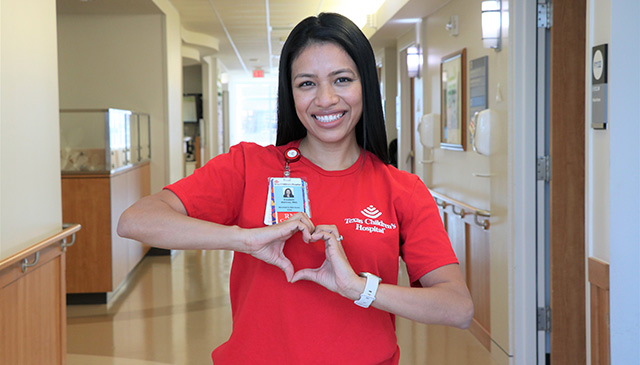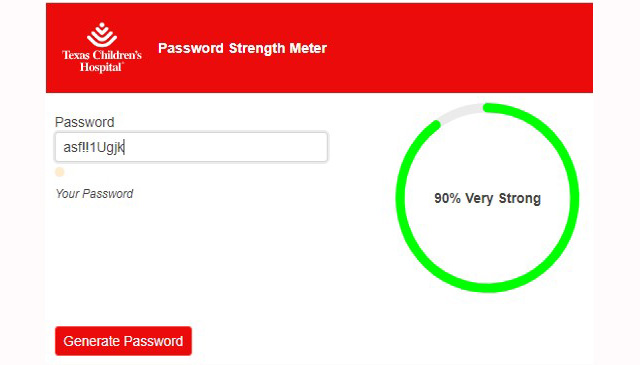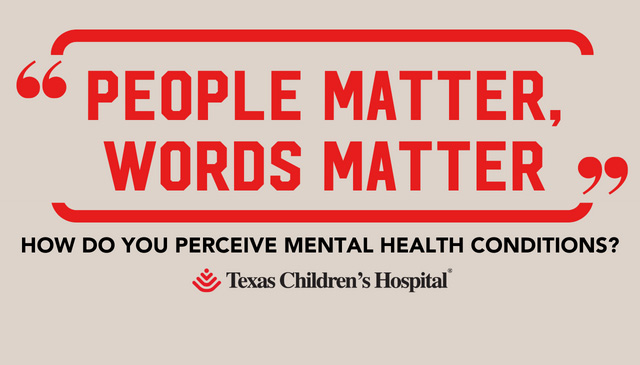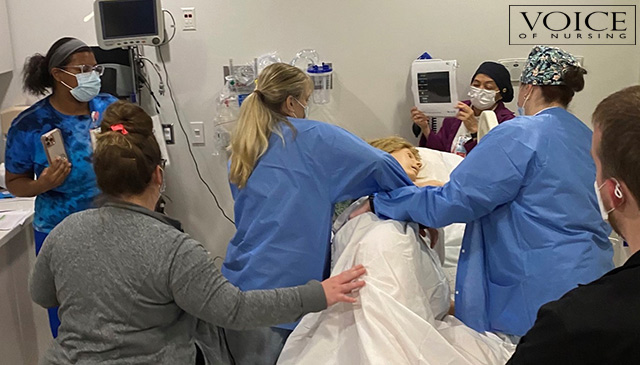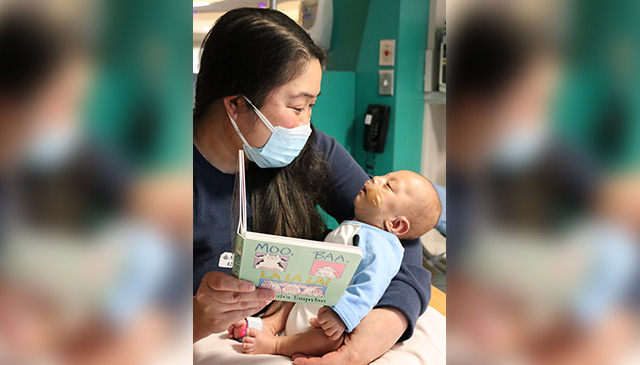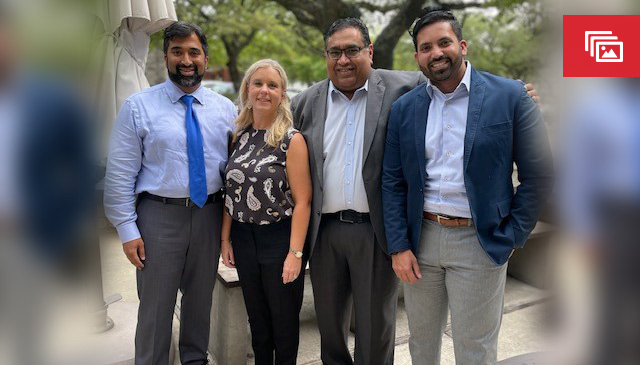
The Quality, Clinical, and Information Services (IS) teams who were among the international winners of the Healthcare Information and Management Systems Society (HIMSS) 2022 Davies Award of Excellence are sharing highlights from their case studies presented at HIMSS’ virtual site visit in July. Excerpts from their work shows how the technologies they have pioneered are helping to identify opportunities for collaboration with clinical teams across Texas Children’s to drive improvements in the delivery of our patient care and outcomes.
Pediatric Palliative Care: Optimizing the Electronic Medical Record (EMR) to Improve End-of-Life Care in Children
- Dr. Jessica Casas, Assistant Professor of Pediatrics, Division of Palliative Care
- Amy Jeppesen, Systems Analyst Lead, Information Services
Challenge: As an international referral center for patients with the most complex illnesses, Texas Children’s Hospital treats diverse and complex patients of all ages. Being a busy center comes with challenges, including the need to provide goal-concordant care to a wide variety of patients in all stages of the disease process. This is particularly important for seriously ill children.
Approach: The Pediatric Advanced Care team (PACT) partnered with Epic Informatics/IS and Quality Outcomes & Analytics to improve the quality of care for these seriously ill children, including end-of-life care, to ensure delivery of goal-concordant care every time for every patient. PACT led focus groups with stakeholders across the institution to learn about their needs and questions regarding caring for children at end of life. Evidence shows that end-of-life care outcomes are strongly related to communication between clinicians and patients.
Using stakeholder input, the team engineered the electronic medical record (EMR) to create a novel navigator that consolidates all end-of-life care activities: consents, advance directives, autopsy, organ donation, keepsakes, spiritual rites and bereavement. The team then carefully guided EMR users through the end-of-life navigator workflow.
Outcome: This EMR optimization minimizes unnecessary variation in end-of-life care, improves communication between teams and is improving appropriate post-mortem care. The new process elevates the care that seriously ill children receive to mirror the institution’s standards of excellence.
COVID-19 Vaccine Tracking with Integrated Medication Management Technology
- Gee Mathen, Director, Clinical Application & Technical Pharmacy Services, Financial Services
- Shawn Mathew, Informaticist, Clinical Pharmacy
Challenge: In 2020, the SARS-COV-2 pandemic brought about rapid mobilization of vaccine research, production and implementation, with Federal and state regulations mandating accuracy of vaccine inventory for institutional allocations.
Approach: The Texas Children’s Pharmacy Informatics team developed new and repurposed existing technological solutions to track procurement, distribution, administration, and vaccine waste. The team created a PowerApp named COVID19VaccTrac to track vaccine movement in the system through procurement, distribution, preparation, and waste.
Additionally, Codonics® Safe Label Systems® were repurposed from the operating room to the pharmacy to prepare color-coded vaccine doses. Complexities associated with multiple formulations for different age groups, dose types and manufacturers benefited from the color-coded design to safely administrator vaccines. Lastly, Epic© was used to document administrations for patients. Medication management technology captured data in each step of the medication use process. Data from multiple sources was integrated to provide real-time insights into inventory and patient vaccination statuses to drive decision-making by leadership for resource allocation.
Outcome: Collaboration with multiple disciplines and swift development of innovative technological solutions ultimately provided efficiency and a paramount level of care for our patients.
Improving High Blood Pressure Recognition in Pediatric Primary Care
- Dr. Justin Zachariah, Associate Professor in Pediatrics (Cardiology), Baylor College of Medicine; Co-Chair of Research Operations, Texas Children’s Heart Center
- Dr. Scott Watson, Pediatric Physician, Texas Children’s Pediatrics; Associate Medical Director of Clinical Informatics
Challenge: Pediatric Hypertension is often missed in primary care due to the complexity of evaluating normal blood pressure ranges for children at different ages.
Approach: Texas Children’s Preventive Cardiology and Texas Children’s Pediatrics leadership developed a plan to improve initial measurement accuracy and increase primary care recognition of high blood pressure during clinic visits. The project involved multi-step decision support tools to automate recommendation for manual blood pressure confirmation by staff members, allow for easier review and classification of blood pressure readings by physicians, and encourage American Academy of Pediatrics (AAP) guideline recommended initial evaluation steps for confirmed elevated readings.
Outcome: Initial data from our go-live showed clear improvement in recognition and referral rates for many previously unrecognized cases of elevated blood pressure.
Read more on Connect about HIMSS’ Davies Award and the award announcement.






